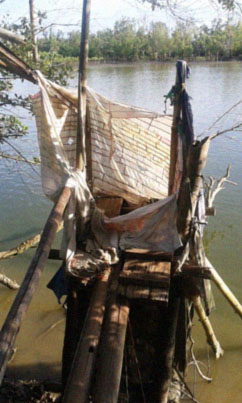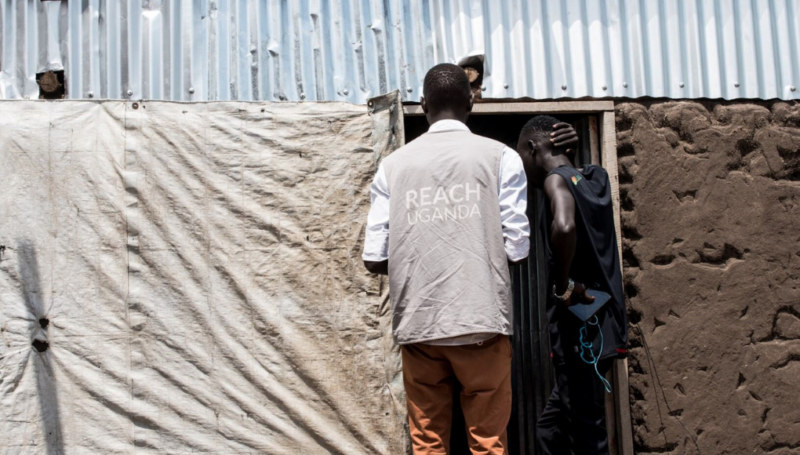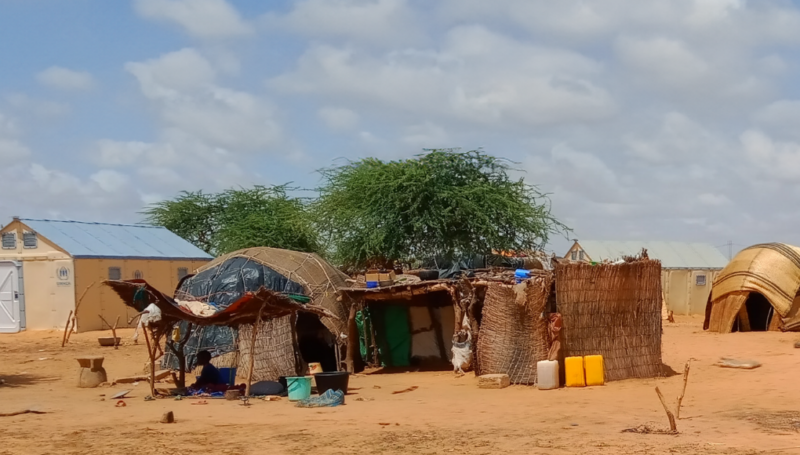
In the aftermath of Typhoon Haiyan, REACH assessments of damage to water and sanitation infrastructure informed emergency response and early recovery planning, including the rehabilitation of water systems and latrines in the most affected areas. More than one year on, the focus has shifted from emergency interventions to sustainable development, and there is a critical opportunity to address long-term sanitation challenges such as open defecation, which remains a major problem in the Philippines. Open defecation contributes to the almost 10, 000 deaths caused by diarrhoea every year in the country, and constrains economic and social development.
Planning and implementing sustainable solutions to this long-term challenge requires in-depth data which goes beyond infrastructure to encompass social norms. REACH worked to fill this information gap through a large scale assessment conducted in September-November 2014, comprising of (in each of six provinces) a large-scale household survey, community focus group discussions, a school survey, student focus group discussions and key informant interviews with representatives from the Department of Health, Department of Education and Department of Interior and Local Government. The qualitative and quantitative components of this assessment provided detailed baseline data on sanitation knowledge, attitudes and practices at household and school level across six provinces of the Philippines.
This baseline data will be used by UNICEF and partners to inform planning and implementation of the Philippines Approach to Total Sanitation (PhaTS) program, as well as to measure its progress. The program is expected to reach over 900, 000 beneficiaries, and aims to end the practice of open defecation through facilitating changes in social norms and fuelling demand for sanitation and hygiene; sustaining demand through supply side interventions; and promoting good governance, resilience and disaster risk reduction.
Click to read more about the UNICEF Philippines Approach to Total Sanitation program.









